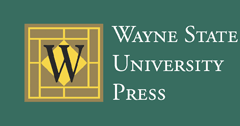Abstract
Starting in the 1970s there has been a significant wave of storytelling revivalism in the United States, Canada, and across much of Western Europe. Drawing on earlier revivals of oral traditional or “folk” music, dance, and crafts, this revival has spawned a new class of freelance professional storytellers along with a broader network of enthusiasts who make use of oral stories as tools in a variety of amateur and applied professional settings (especially education, business, ministry, and health care). Because this revival has taken root in an advanced technological society with a longstanding commitment to (if not actual realization of) universal literacy, it occupies a cultural position that blends conservative and radical elements. Storytellers affirm their commitment to traditional values of community memory, interconnectedness, localism, and ethnic heritage, while at the same time placing these attitudes in the service of potentially hegemonic, homogenizing forces. This paper will explore these paradoxical forces at work in the American storytelling movement and reflect on their implications for emergent storytelling work in the context of the Kingdom of Bhutan.
Recommended Citation
Sobol, Joseph
(2010)
"Oracy in the New Millennium: Storytelling Revival in America and Bhutan,"
Storytelling, Self, Society: Vol. 6:
Iss.
1, Article 7.
Available at:
https://digitalcommons.wayne.edu/storytelling/vol6/iss1/7
